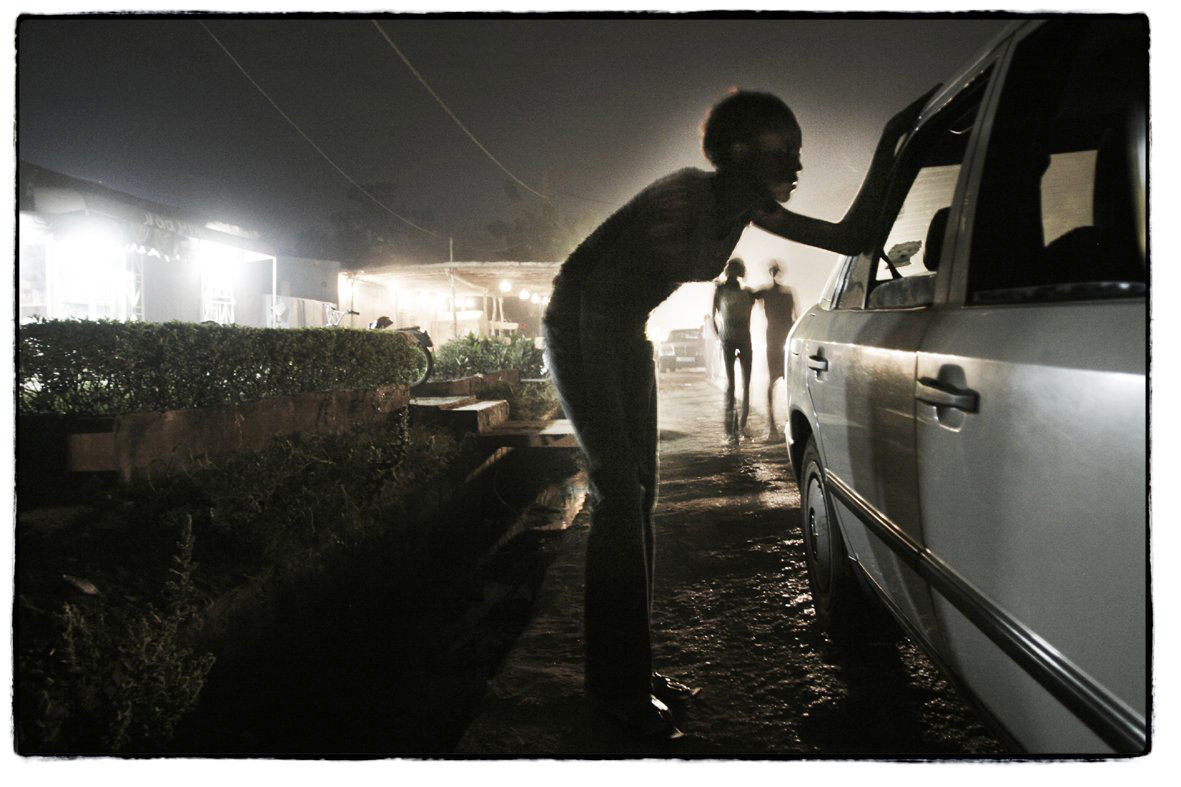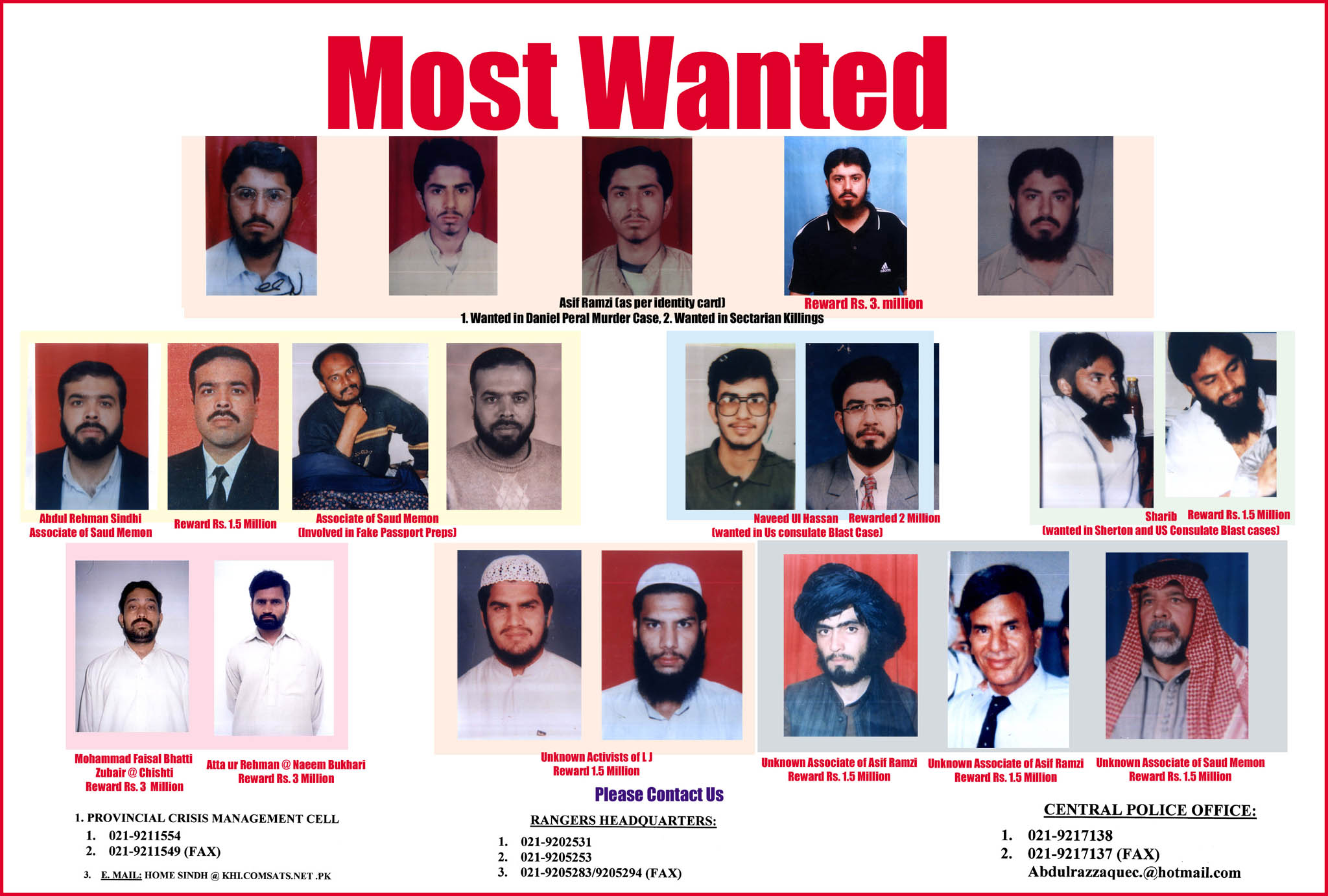Aid agencies sound alarm over Mali chaos

Humanitarian agencies are deeply concerned by the ongoing instability, rebel movements and prospect of widespread food and fuel shortages in Mali.
After a swift military offensive by insurgents, Swiss aid organisations have switched into emergency mode, moving workers from the northern region and putting projects on hold.
According to the United Nations refugee agency (UNHCR), more than 2,000 people have fled Mali in the past five days to Burkina Faso and Mauritania because of armed groups active around northern communities and other violence since the March 22 military coup.
Since January, some 200,000 people have fled their homes, including 23,000 to Burkina Faso, 46,000 to Mauritania and 25,000 to Niger. Some 100,000 are also internally displaced inside Mali.
UNHCR spokeswoman Melissa Fleming told reporters in Geneva on Tuesday that “mayhem” was increasing amid fears of growing cross-border insecurity in West Africa.
UN World Food Programme (WFP) spokeswoman Elisabeth Byrs said her agency was “particularly concerned” at the prospect of widespread food shortages and “this figure of 200,000 risks going up”.
WFP’s offices at Gao, Kidal and Timbuktu in the north of the country have been ransacked by Tuareg insurgents, reportedly comprising a number of factions, who took advantage of political chaos to make rapid advances over the past few days and seize these key towns.
On Tuesday, Malians queued outside petrol stations holding jerry cans, water bottles and plastic jugs as the poor, landlocked West African state braced itself following sanctions imposed overnight as a consequence of a military coup last month.
The body representing nations in West Africa, Ecowas, decided at an emergency summit on Monday to impose an embargo, shutting their borders with Mali and freezing its account at the regional central bank. Mali imports all its fuel, which is trucked in overland from neighbouring Ivory Coast and Senegal.
Implosion?
“We are worried about increased tensions due to the lack of fuel and if food starts to become rarer and prices rise. There is the risk of implosion if Mali stays closed with ongoing internal tensions,” Lionel Giron, Helvetas’s coordinator for West Africa, told swissinfo.ch.
The Swiss non-governmental organisation (NGO) recently moved staff working at projects at Youwarou and Nioro, near the Mauritanian border, to the south of the country due to security concerns.
Helvetas is currently not planning to pull out of the country and its other 18 aid projects in the south are continuing, focusing on rural development, organically grown cotton, education and professional training, and water and sanitation.
But the agency faces serious logistical and staff challenges and is in “crisis management” mode, according to Giron.
“We need to save our resources as we don’t know how long this crisis is going to last. The situation evolves from hour to hour. People are starting to get seriously worried.”
Looting
Stephen Anderson, spokesman for the Geneva-based International Committee of the Red Cross (ICRC), said it had become very difficult to work in northern Mali.
“We are worried about the humanitarian situation and insecurity, notably around Gao,” he said.
The ICRC recently suspended its activities in Gao, after their warehouse was looted by rebels, and Timbuktu, but maintains a field presence.
“Our priority is to establish dialogue with the many different armed actors so that we can restart our activities,” said Anderson.
In February, the ICRC appealed for additional funds to provide aid to some 700,000 people in Mali and Niger.
Florian Meister, head of African operations for the NGO Swisscontact, said its five vocational training projects in Mali had also been put on hold.
“The impression is the new junta really doesn’t know what to do next,” he told swissinfo.ch.
Evacuations
On Tuesday, rebels were reportedly seen near the central town of Mopti. French Cooperation Minister Henri de Raincourt told Radio France International that the army may be unable to stop their advance.
The minister said the capital Bamako was “for the moment” not facing a threat of rebel takeover, but he did not rule out the possibility that al-Qaeda’s north Africa branch could try to infiltrate the city.
France has advised its 5,000 citizens in Mali to leave the country. Switzerland has also instructed its citizens to “consider leaving the country temporarily”.
Muriel Berset-Kohen, Swiss ambassador to Senegal, who is also responsible for Mali, told Swiss national radio that around 60 Swiss were on the spot, mostly in Bamako.
“We are doing our utmost to continue cooperation activities in the region,” she added.
Priority country
Mali has been a priority country for Switzerland’s official aid efforts since 1977.
The foreign ministry said Switzerland had suspended any direct aid to the state authorities in Mali for the time being.
But in line with its current aid policy on Mali, the Swiss Agency for Development and Cooperation (SDC) is focusing on helping the population affected by the crisis.
Although many aid programmes, including peace promotion activities, have been temporarily suspended, Switzerland continues to offer its good offices to help to contribute towards a peaceful resolution of the conflict, explained Swiss foreign ministry spokesman Pierre-Alain Eltschinger.
“The situation remains unpredictable. The foreign ministry is following events with great attention and concern,” he added.
Switzerland recognised Mali as an independent state in 1960 and the two countries established diplomatic relations in 1961.
Despite a number of bilateral treaties (trade, economic cooperation, mutual investment protection, civil aviation), economic exchange remained modest.
Since 1977, Mali has been a priority country for Swiss development cooperation.
Through its coordination office in the capital, Bamako, the Swiss Agency for Development and Cooperation (SDC) supports projects in the areas of rural development, education and professional training, local public management and access of women to resources. Its programmes focus on the regions of Sikasso, Mopti and Timbuktu.
Bilateral commitment: SFr21.1 million in 2012 (planned).
In February 2012 Switzerland and Mali signed a memorandum of understanding for a new cooperation programme for 2012-2015. The aim is to “contribute to the creation of a society and institutions capable of promoting dynamic local economies and ensuring basic education and suitable professional training, and good governance”.
Switzerland has also released SFr14.1 million for drought-response activities in the Sahel region of West Africa, including Mali.

In compliance with the JTI standards
More: SWI swissinfo.ch certified by the Journalism Trust Initiative













You can find an overview of ongoing debates with our journalists here . Please join us!
If you want to start a conversation about a topic raised in this article or want to report factual errors, email us at english@swissinfo.ch.